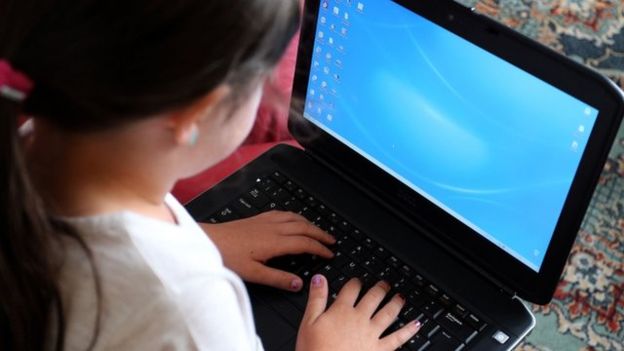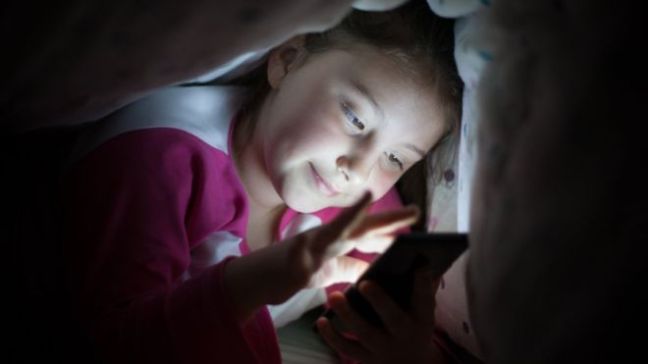- Who is this post for? Parents of children
- What does it discuss? The merits or purpose of limiting screen time
- How does it benefit you? Possibly better grades for your kids
I remember when my parents used to moan at me for spending too much time in front of that “bloody computer” and not enough time outside. And that computer was a ZX Spectrum so frankly I was spending half my time actually waiting for games to load on a tape recorder 😉
But was that accusation fair and does the amount of time your kids spend in front of screens, be they PC’s tablets or smartphones, have any kind of negative effect on their education? Several recent studies, including those from the University of Cambridge and the National Children’s Bureau Northern Ireland, have claimed a negative effect on GCSE results to be correlated with increasing screen time.
One can probably argue that the nature of the screen time is probably the limiting factor. Research for study is different from playing the latest ‘shoot-em-up’, albeit there are many that vociferously claim gaming promotes its own set of skills (almost certainly true).
At the end of the day, as Mark Twain said, “there are lies, damned lies, and statistics.” Stats and reports can probably make a case for anything if the question is framed in a certain way. Regardless, this latest article on BBC News makes an interesting, balanced case and suggests methods and tools for parents who wish to take a proactive stand on screen time.
We’d love to hear from you if you have your own views on whether or how to limit your kids’ screen time.



